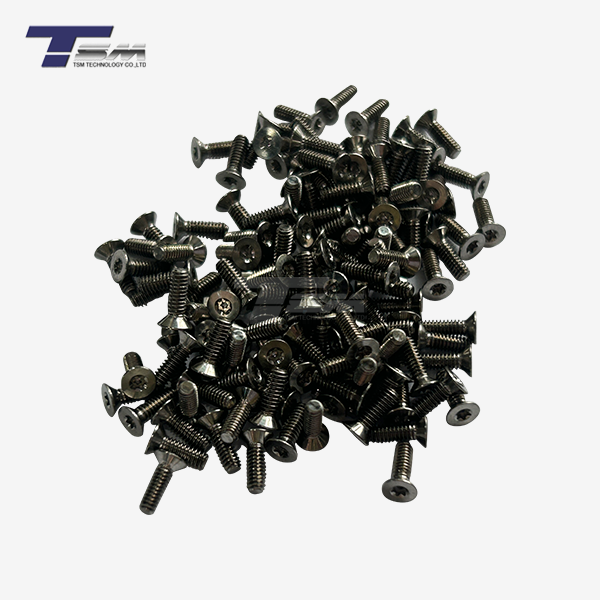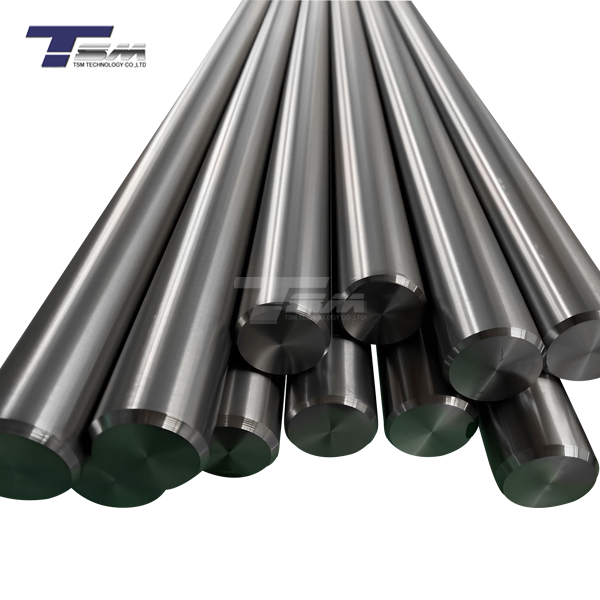- English
- French
- German
- Portuguese
- Spanish
- Russian
- Japanese
- Korean
- Arabic
- Greek
- German
- Turkish
- Italian
- Danish
- Romanian
- Indonesian
- Czech
- Afrikaans
- Swedish
- Polish
- Basque
- Catalan
- Esperanto
- Hindi
- Lao
- Albanian
- Amharic
- Armenian
- Azerbaijani
- Belarusian
- Bengali
- Bosnian
- Bulgarian
- Cebuano
- Chichewa
- Corsican
- Croatian
- Dutch
- Estonian
- Filipino
- Finnish
- Frisian
- Galician
- Georgian
- Gujarati
- Haitian
- Hausa
- Hawaiian
- Hebrew
- Hmong
- Hungarian
- Icelandic
- Igbo
- Javanese
- Kannada
- Kazakh
- Khmer
- Kurdish
- Kyrgyz
- Latin
- Latvian
- Lithuanian
- Luxembou..
- Macedonian
- Malagasy
- Malay
- Malayalam
- Maltese
- Maori
- Marathi
- Mongolian
- Burmese
- Nepali
- Norwegian
- Pashto
- Persian
- Punjabi
- Serbian
- Sesotho
- Sinhala
- Slovak
- Slovenian
- Somali
- Samoan
- Scots Gaelic
- Shona
- Sindhi
- Sundanese
- Swahili
- Tajik
- Tamil
- Telugu
- Thai
- Ukrainian
- Urdu
- Uzbek
- Vietnamese
- Welsh
- Xhosa
- Yiddish
- Yoruba
- Zulu
Guide to Inconel 718 Tubes
If you're exploring options for superior materials, Inconel 718 tubes might just be the solution you need. Renowned for their exceptional strength, corrosion resistance, and ability to withstand extreme environments, these tubes are a cornerstone in industries demanding uncompromised quality. Whether you're sourcing materials for aerospace, energy, or chemical processing, this guide unravels the essentials of Inconel 718 tubing, shedding light on its properties, applications, and manufacturing nuances. Let's dive into why this alloy stands out and how it can elevate your projects to new heights of reliability and performance.
Properties and Composition of Inconel 718 Tubes
Understanding the makeup and characteristics of Inconel 718 tubes is key to appreciating their value in demanding applications. This nickel-based superalloy is engineered to deliver unparalleled performance, blending a unique composition with remarkable physical attributes.

Chemical Makeup of Inconel 718
The prowess of Inconel 718 tubing begins with its intricate chemical composition. Predominantly nickel, which constitutes over 50% of the alloy, it is fortified with chromium, iron, and a medley of other elements like niobium, molybdenum, titanium, and aluminum. This precise blend enhances its resistance to oxidation and corrosion, even in harsh environments. Niobium, in particular, plays a pivotal role in age-hardening, boosting the alloy's strength without sacrificing ductility. Trace amounts of carbon, manganese, and silicon further refine its stability, ensuring that Inconel 718 pipes remain robust under thermal and mechanical stress.
Mechanical Strengths and Durability
Inconel 718 tubes are celebrated for their mechanical fortitude, making them a go-to choice for high-stakes applications. With a tensile strength often exceeding 1,200 MPa, they exhibit remarkable resilience under pressure. Their ability to maintain structural integrity at temperatures ranging from cryogenic lows to scorching highs of 1,300°F (704°C) is nothing short of extraordinary. Fatigue resistance is another hallmark, allowing these tubes to endure cyclic loading without succumbing to wear. This durability, coupled with excellent weldability, positions Inconel 718 tubing as a versatile option for intricate engineering designs, where longevity and reliability are paramount.
Resistance to Corrosion and Heat
One of the standout features of Inconel 718 pipes is their ability to fend off degradation in corrosive and high-temperature settings. The alloy's chromium content forms a protective oxide layer, shielding it from oxidation and pitting, even in saline or acidic conditions. This makes it ideal for environments where exposure to seawater, chemicals, or extreme heat is routine. Additionally, its resistance to creep - a phenomenon where materials deform under sustained stress at elevated temperatures - ensures that Inconel 718 tubes maintain their shape and functionality over extended periods, a critical factor in applications requiring unwavering performance.
Applications of Inconel 718 Tubing in Various Industries
The versatility of Inconel 718 tubes shines through in their widespread use across diverse sectors. Their unique properties make them indispensable in environments where failure is not an option, driving innovation and efficiency in critical operations.
Aerospace and Defense
In the aerospace realm, Inconel 718 tubing is a linchpin in the construction of jet engines, rocket motors, and spacecraft components. The alloy's ability to withstand the searing temperatures of combustion chambers and the frigid conditions of outer space makes it invaluable. Turbine blades, exhaust systems, and thrust chambers often rely on Inconel 718 pipes to ensure operational safety and efficiency. In defense, the alloy's durability under extreme stress is leveraged in missile systems and high-performance weaponry, where precision and reliability are crucial to mission success.
Energy and Power Generation
The energy sector, particularly in oil and gas exploration, harnesses the robust nature of Inconel 718 tubes to tackle the challenges of deep-sea drilling and high-pressure extraction. These tubes are integral to downhole tools, wellhead components, and subsea piping systems, where they resist corrosion from sour gas and brine. In power generation, especially within nuclear reactors, Inconel 718 tubing is prized for its stability under radiation and thermal cycling, ensuring the longevity of critical infrastructure. Gas turbines, too, benefit from the alloy's heat resistance, enhancing the efficiency of electricity production.
Chemical Processing and Marine Engineering
In chemical processing, Inconel 718 pipes are a bulwark against the corrosive onslaught of acids, alkalis, and solvents. Reactors, heat exchangers, and piping systems in this industry rely on the alloy to maintain integrity during aggressive chemical reactions. Similarly, marine engineering exploits the alloy's resistance to saltwater corrosion, making it a preferred material for shipbuilding, offshore platforms, and desalination plants. The ability of Inconel 718 tubes to perform reliably in these punishing environments underscores their role in advancing operational safety and reducing maintenance costs across these sectors.
Selection and Manufacturing Considerations for Inconel 718 Tubing
Choosing and producing Inconel 718 tubes involves a meticulous process to ensure they meet the exacting standards of precision engineering. From material selection to quality control, every step is critical to delivering a product that performs flawlessly in its intended application.
Choosing the Right Specifications
Selecting Inconel 718 tubing begins with defining the specific requirements of your project. Factors such as tube diameter, wall thickness, and length must align with the operational demands, whether it's high-pressure fluid transport or structural support. Temperature and corrosion resistance needs also dictate the choice of alloy grade and any additional treatments. For applications requiring enhanced strength, heat treatment options like solution annealing or precipitation hardening can be considered. Collaborating with a supplier who understands these nuances ensures that the Inconel 718 pipes you procure are tailored to your unique challenges, optimizing performance and cost-efficiency.
Manufacturing Processes and Techniques
The production of Inconel 718 tubes is a sophisticated endeavor, involving advanced techniques to achieve precision and quality. Seamless tubes, often preferred for their uniformity, are crafted through hot extrusion followed by cold working to refine dimensions and enhance strength. Welded tubes, on the other hand, are formed from flat strips, offering flexibility in larger diameters. Heat treatment is a critical step, with processes like aging used to maximize the alloy's mechanical properties. Machining Inconel 718 requires specialized tools due to its hardness, ensuring that tolerances are met without compromising the material's integrity. These meticulous processes guarantee that the tubing delivers consistent performance in the field.
Quality Control and Standards Compliance
Ensuring the reliability of Inconel 718 tubes hinges on rigorous quality control measures. Reputable manufacturers, like TSM Technology Co., Ltd., implement stringent inspection protocols, including ultrasonic testing, hydrostatic testing, and dimensional checks, to detect any flaws. Compliance with international standards, such as ASTM B163 or AMS 5589, is non-negotiable, as these benchmarks validate the alloy's suitability for critical applications. Traceability is another vital aspect, with each batch of tubing accompanied by detailed certifications outlining its chemical composition and mechanical properties. This commitment to quality not only enhances safety but also builds trust, ensuring that your projects benefit from materials of unassailable integrity.
Conclusion
Inconel 718 tubes stand as a testament to the power of advanced materials in overcoming engineering challenges. Their exceptional strength, corrosion resistance, and thermal stability make them a cornerstone in industries ranging from aerospace to energy. By understanding their properties, applications, and manufacturing intricacies, you can make informed decisions that elevate your projects. Whether you're seeking durability in extreme conditions or precision in complex designs, this alloy delivers.
Contact Us
Unlock the potential of your projects with premium Inconel 718 tubes from TSM Technology Co., Ltd. Contact us today at info@tsm-technology.com to discuss your needs and discover our commitment to quality and innovation.
References
Smith, J. A., & Patel, R. K. (2020). Nickel-Based Superalloys: Properties and Applications in High-Stress Environments. Materials Science Journal, 45(3), 112-125.
Brown, L. M. (2019). Advanced Alloys in Aerospace Engineering: A Comprehensive Study. Aerospace Technology Review, 18(2), 78-92.
Chen, H., & Liu, Y. (2021). Corrosion Resistance of Nickel Alloys in Marine Applications. Journal of Marine Engineering, 33(4), 201-215.
Davis, P. T. (2018). Manufacturing Techniques for High-Performance Alloy Tubing. Precision Engineering Quarterly, 27(1), 45-59.
Kumar, S., & Gupta, A. (2022). Heat Treatment Processes for Enhancing Inconel Alloy Performance. Metallurgical Advances, 19(5), 134-148.
Wilson, E. R. (2020). Quality Assurance in Alloy Production: Standards and Practices. International Journal of Materials Engineering, 22(3), 89-103.
Learn about our latest products and discounts through SMS or email
_1739072401467.webp)


